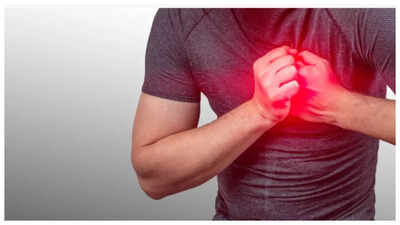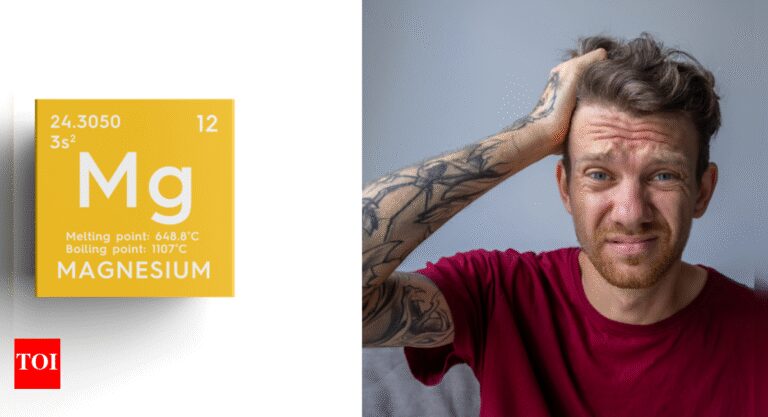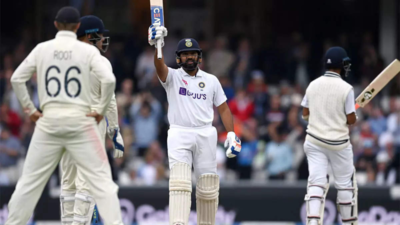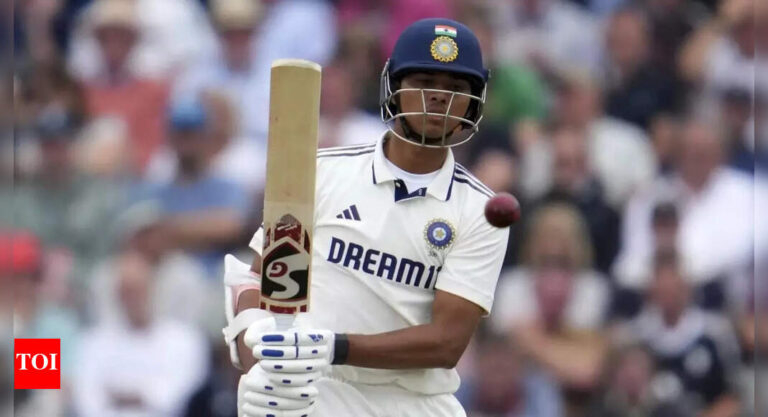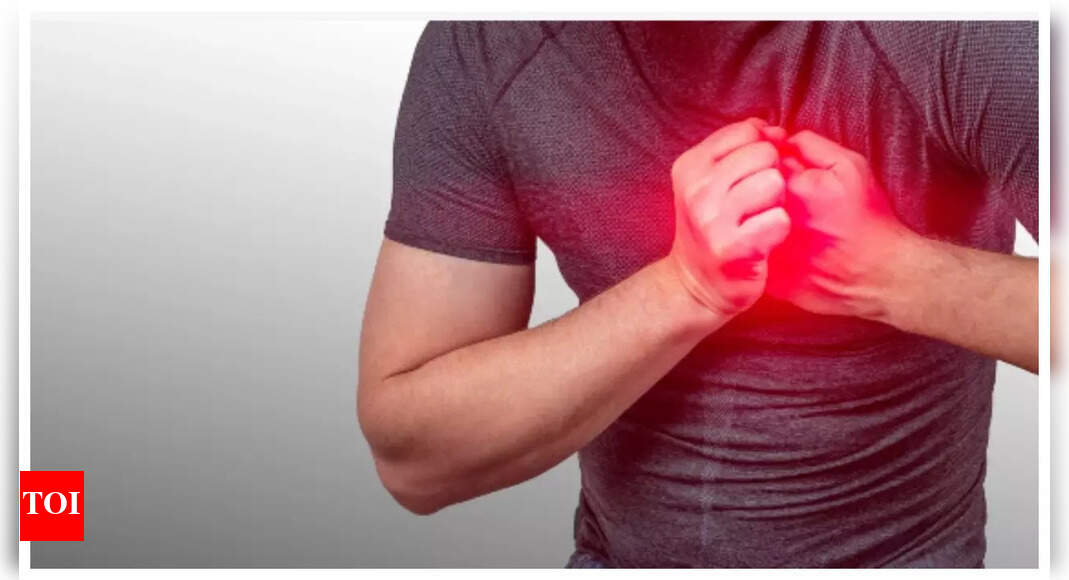
Delhi resident Mohit Sachdeva (40), could not have ever imagined that he would snatch life from the claws of death. An avid gym goer, non-smoker and occasional drinker, Mohit was having a regular morning at the gym recently, when he collapsed. Yes, he suffered from a sudden cardiac arrest, but luck was on his side. He survived to tell the tale.
What really happened
Mohit, who is a realtor, started feeling dizzy at his regular morning gym session. Soon, he collapsed while doing 180 kg of leg press. One his gym buddies thankfully sprung into action, giving him Cardio-pulmonary resuscitation (CPR) till help arrived. Mohit had less than an 8 minute window to be saved, but he made it.
Saved nick in time
When Mohit was brought to the hospital, he had no pulse, but he was alive. He was given CPR, electric shocks and when a pulse showed up on the monitor, was put on the ventilator. According to a report in indianexpress.com, Dr Tarun Kumar, interventional cardiologist at the Medanta Moolchand Heart Centre, said that once his heartbeat stabilised, they discovered that three of his heart vessels had been blocked. “Two arteries were completely blocked. We first did an angioplasty on the artery that had been blocked recently, a minimally invasive procedure to widen blood vessels, and put a stent, a mesh bridge to hold the walls apart and prevent them from narrowing again. Once the procedure restored blood flow in the arteries, the patient was then moved to the heart ICU, where he regained consciousness. We scheduled another procedure to open up his remaining arteries later so as not to destabilise a very compromised heart and the kidneys,” Dr Kumar said.

Were there any signs
While Mohit was otherwise fit, he had never got a cardiac workout done, thinking that since he eats clean, and works out, there won’t be any issues. Later, it was found that Mohit was hypertensive, had borderline high cholesterol, and fatty liver – all of which contributed to his cardiac arrest. He also had been complaining of pain in left arm, but brushed it off as muscle strain that turned out to be angina. He had also recently started taking protein powders and herbal supplements post his gym session, which might have contributed indirectly to heart health (unverified yet)
Why everyone needs heart check ups
While Mohit’s case is alarming, it is not shocking. Here’s why everyone should get heart checks up, regardless of risk factors…
Early detection saves lives
The main advantage of regular heart checkups is to detect early signs of risks before symptoms develop. Many silent health issues such as high blood pressure, high cholesterol and early artery blockages remain undetectable, until medical professionals perform checkups. Early discovery of these health issues enables doctors to suggest treatments that minimise your future heart disease risks.https://www.heart.org/en/health-topics/consumer-healthcare/what-is-cardiovascular-screening
The heart ages
Your risk for heart disease isn’t fixed. Your heart disease risk factors may shift because of aging processes, lifestyle modifications, stress, and undiagnosed health issues. Routine checkups enable your doctor to monitor your risk factors throughout the years, and recognise emerging issues. Your risk of developing heart problems increases when you combine high stress levels with sedentary habits, poor diet or unexpected weight changes, even if you have no heart disease family history.https://www.mayoclinic.org/diseases-conditions/heart-disease/in-depth/heart-disease-prevention/art-20046502
When should you start
The majority of heart specialists advise people to begin basic heart health screenings at age 20, regardless of their physical state and risk profile. The American Heart Association advises individuals to get their blood pressure, cholesterol and blood sugar tests starting from age 20, while requiring checks every few years. People with risk factors including diabetes or family history, or those who plan intense physical activity, must check their heart health right away and possibly more frequently.

https://www.acc.org/latest-in-cardiology/articles/2019/02/05/08/00/personalized-cardiovascular-risk-assessmentDisclaimer: This article is informational only and not a substitute for medical advice

